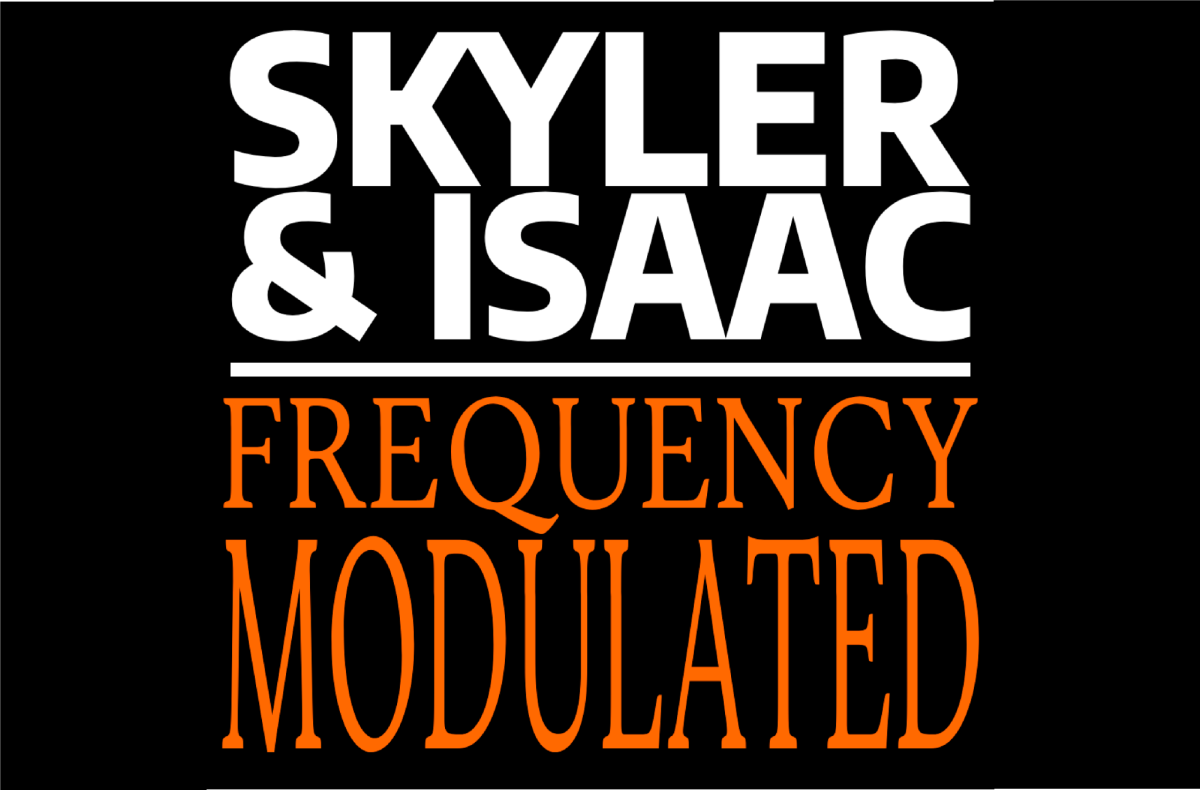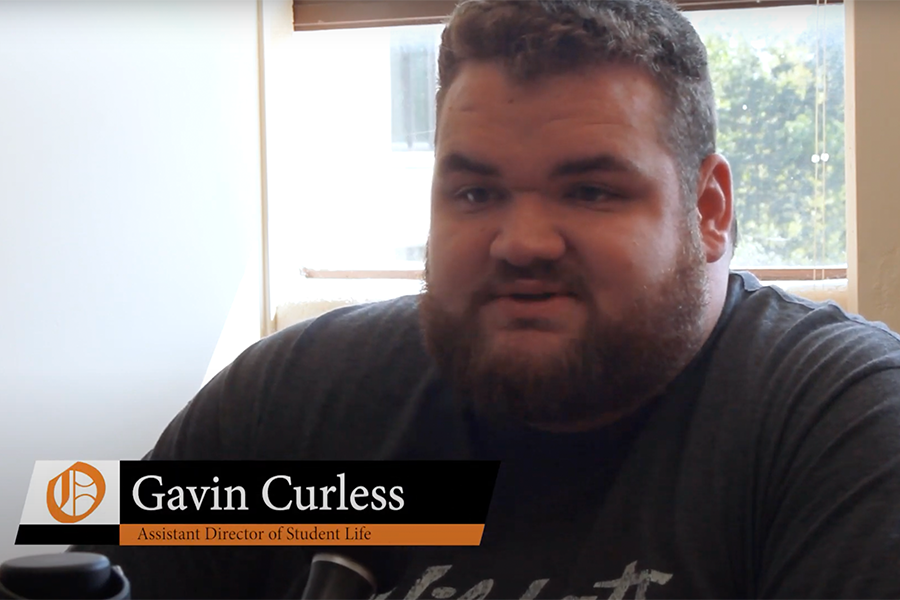Interterm at Baker University is a time when students attend one class of their choice for a period of approximately two weeks in between the fall and spring semesters. As students only have one class during that time, interterm can be a fun and relaxing way to prepare for the coming semester. At least it was, until now. New credit-hour regulations threaten to turn some interterm classes into a period of dread, rather than excitement.
“Interterm, an experience unique to Baker University, is a time to spread your wings and discover more about the world.” This is the university’s definition of the two-week stint before students start their spring semester. Students were able to choose among a list of “one-of-a-kind” courses, ranging from board games, romantic relationships, dramatic arts and even sports.
Related Story
HLC requirements affect interterm structure
Whether it was the variety of subjects, the enthusiastic environments, or the escape from home, when it came to interterm, most students were happy. But we fear that is simply not the case anymore.
New rules and regulations regarding credit hour requirements from the Higher Learning Commission are beginning to make reforms to interterm that cause more harm than good.
For interterm, the new HLC credit hour policies are a traffic jam of problems. The current definition of a three credit-hour course would now mean that in the period of two weeks, students would have to complete 90 hours of class-related work on their own time in order to receive credit for interterm. While not all the classes are three credit hours, those that are will be under much stricter regulations and will be harder than traditional interterm courses.
This year’s interterm looks bleak as class choices are down along with student and faculty morale. Due to the lack of compensation for the amount of work required during interterm, many professors are choosing not to teach or are making the courses worth fewer credits. We are currently need to find room for 70 more in the January 2015 interterm session.
With so few classes offered, someone will likely be left out. For students needing certain credits to graduate, how does administration decide who gets to take interterm classes?
Interterm is a time for student re-integration into the classroom routine. It’s not supposed to be harder than normal semesters.
While we aren’t arguing against the HLC’s new policies, we wonder if the definition of interterm needs to change with these new rules in place. Where Baker was once able to offer students this fun and relaxing courses, it seems that future prospects do not look as bright.
We believe the current policies regarding interterm deviate largely from the main purpose of the program. Clearly, something needs to change.
If interterm is going to be a period of stress and tedious subject matter, it has lost its ability to enrich student experience. In order for interterm to continue to be successful, the university needs to reevaluate the program and its intention.








